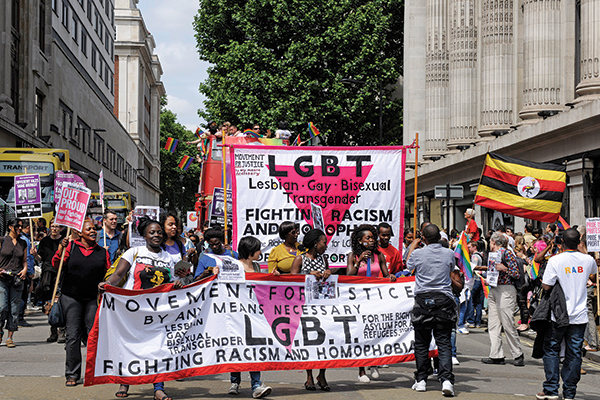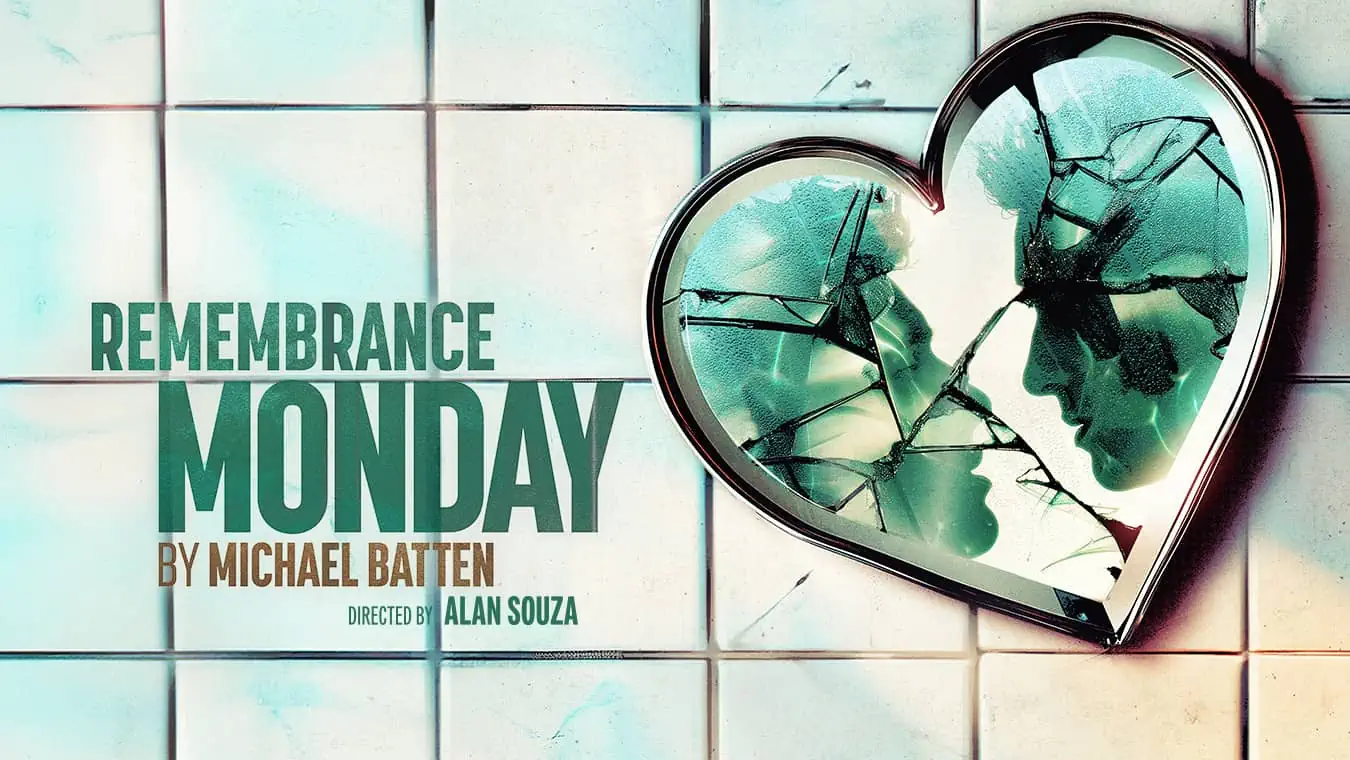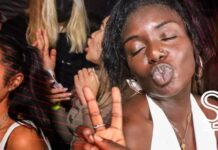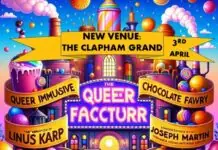With Pride in London happening this weekend, we ask what the concept of ‘pride’ means to the LGBT+ community of London, and how that community exists together in 2014.
By Patrick Cash
LGBT was introduced in the 1990s to replace the pan-term ‘gay’ for a collective community that quite clearly wasn’t all gay. Gay as a synonym for same-sex attraction didn’t take into account the gender differences between lesbians and gay men, made bisexuality invisible, and forced the gender issue of transsexualism into a box of sexuality. Therefore the acronym of Lesbian, Gay, Bisexual and Transgendered was thought to more adequately represent that community.
As the years progressed more terms were added to the acronym, whether officially used or not; LGBTQI is fairly often seen in use now, the Q and I standing for ‘queer/questioning’ and ‘intersex’. An alternate ‘+’ symbol manages to be all-inclusive and vague at the same time, encompassing other groups such as ‘allied’ and ‘non-binary’, those who don’t adhere cerebrally to either gender.
And this weekend for Pride we have the opportunity to celebrate together all these differences; all our differences; to state we’re not the same as straight and cisgendered society, and that of this difference we are not ashamed. As the Pride in London website states, their mission in 2014 is to be ‘fully inclusive of all sections of the LGBT+ community’ and ‘to provide a celebration of LGBT+ life’.
But are we bonded together cohesively as a community simply because of our difference? If we look at Pride’s very initial political beginnings, does the risk of violence and abuse provide enough of a glue to join us? In some ways on the immediate surface, there seem to be more divisions than connectedness amongst these groups: lesbians and gay men don’t hang out, bisexuals are erased, transgendered issues misunderstood.
“none of us should have any reason to judge, be judged or feel ashamed”
Yet, on a personal level I myself live with two lesbians who I count amongst my closest friends. I’ve met a lot of people in recent years who feel freer now to describe themselves openly as bisexual than ever before. And one of the most popular features I’ve written in the past year for QX as a gay men’s magazine, has been ‘Trans Frontiers’ featuring transsexual icons of the LGBT scene speaking about their lives.
There is, it seems then, much scope for the understanding and empathy for one another amongst LGBT(+) that a real community needs to survive and develop. Yet these potential roots struggle against the choking weeds of stereotyping rifts, easy ridicule and excluding cliques. Is there another, familiar social environment where these types of divisive concepts are endemic?
School. If any ‘scene’ is a reflective microcosm of wider society, then the educative one provides all that with the additional viciousness and ruthless social mores that the insecurities of formulating identities provide. Secondary school is likely the stage that most LGBT people realise their difference from the rest of society. And as RuPaul said recently in an interview: ‘People who have been oppressed take on the characteristics of their oppressor.’
This is not necessarily referring to being bullied, as scarring as that experience can be for its victims, but even the self-enforced silence of the closet is an oppression of a sort. It is an oppression both of speech, and visibility, made especially pertinent in a British education system wrapped up in a legacy of Section 28. The clause banning ‘the promotion of homosexuality’ in schools, has only been out of law since 2003.
To work against these early and formative experiences of perpetual hiding, of denial of ourselves, and fear of rejection for who we are, is to come together in solidarity and support for one another whether lesbian, gay, bi, trans or other. Because we’ve all possibly got some issues, but none of us should have any reason to judge, be judged or feel ashamed. And if we could work together as a community to collectively negate any lingering idea of shame, then that’s something for which we could march on Saturday smiling, and of which we could and should be proud.
THE LGBT COMMUNITY & PRIDE
Over the past year I’ve had the privilege of interviewing some of the most interesting academics, artists, health workers, activists and other figures operating on the contemporary LGBT scene. Here are some of their views about the LGBT community in 2014:

My day-to-day experiences of an LGBT community are mostly of my homelife – I live with my girlfriend and our flatmate, a gay man… But the LGBT community and the pride it takes in being part of the rich social fabric of London has made this city somewhere that I have been able to live and work as easily in my new relationship as I could when people assumed I was straight.

We were one community and we stood together and supported each other but it’s quite sad really in 2014 to see the divisions between lesbians and gay men are just as bad as they ever were in some areas and the divisions between the LG and the BT, the way that the transgender community is still massively discriminated against.

Are we going out of our way to make sure that we create a safe space for every LGBTQIA member to feel that they can walk down the road with their head held high without fear of abuse physically or emotionally? If we aren’t even considering these things, what are we proud for?

I think for us to become a more healthy community is going to take a lot of looking after ourselves and realising that we are actually quite fragile, vulnerable people and have been through a war over the last twenty or thirty years, and we need to start pulling ourselves together.

A lot of gay men grow up being ostracised or suppressed or bullied, so this is their chance in the big, bright city to be gorgeous and wonderful and, god forbid, never being bullied again so what does one do? Make oneself gorgeous, make oneself muscular, but then one forgets that some people are not muscular and that people look different and like different things.

I guess it’s very difficult for people from ethnic minorities to come out, it’d be nice if there was more reaching out to them. It’s very easy if you’re white and pretty and making money in London.

I think that the British government, capitalism and pop culture have realised that the Pink Pound is a valuable asset, so you have to satisfy that community and try and make them seem like they are accepted.

When you have gay Tory boys wanting to sideline, marginalise, erase any kind of alternative ways of being, it’s because they are desperate for acceptance and they know acceptance will only come from being as mainstream as possible. And flaming queens with their nail polish and mascara are not mainstream, thank god.

While we are busy promoting a heteronormative idea of equality we mustn’t forget about being open to diversity, something that makes the gay community so special.

[The gay community] need a drug for a different purpose and that purpose is tied up with their relationship to sex. It’s tied up with fear and rejection. Too many gay guys are in bed, but not feeling horny when they’re sober.

I feel the T in LGBT is often forgotten by the G part. I see it sometimes, say like there might be an event billed as “LGBT”, and all evening not a mention of trans, or bisexual for that matter, occurs.
Johanna Londinium, Club Hostess
In general I think the gay community embraces most minorities with open arms.
Jamie McDermott, The Irrepressibles
There is as much an aesthetic of feeling a uniqueness of gay expression as there is a black expression, a history of fight and a difference. We are all different and we’re different within the gay community as well, and that complexity needs to be expressed.
Shaun Ross, Model
The only reason you’re posting pictures of your body on Grindr and Instagram is because you want some sort of validation from another person because you can’t find it within yourself, which is why a lot of men, especially gay men, are very, very insecure, they don’t even really notice it.
Manu Valcarce, Photographer & Social Documenter
One of the things I’m commenting on, although it’s the case for everyone not just if you’re gay, is if you’re forced to leave your house. Maybe that’s why we’re talking about this (LGBT poverty).
Othon, Musician
[My video] is basically about co-evolution and how we became this community in London and have blended with each other and so it’s lots of my friends, and our friends in the video. It is about a new dawn, a sunrise, a very hopeful thing.
Francisco Gomez de Villaboa, Photographer & Artist
Many countries in Europe are suffering from a protracted economic recession and this exhibition aims to create solidarity across the LGBTQ communities in these recession hit states.











